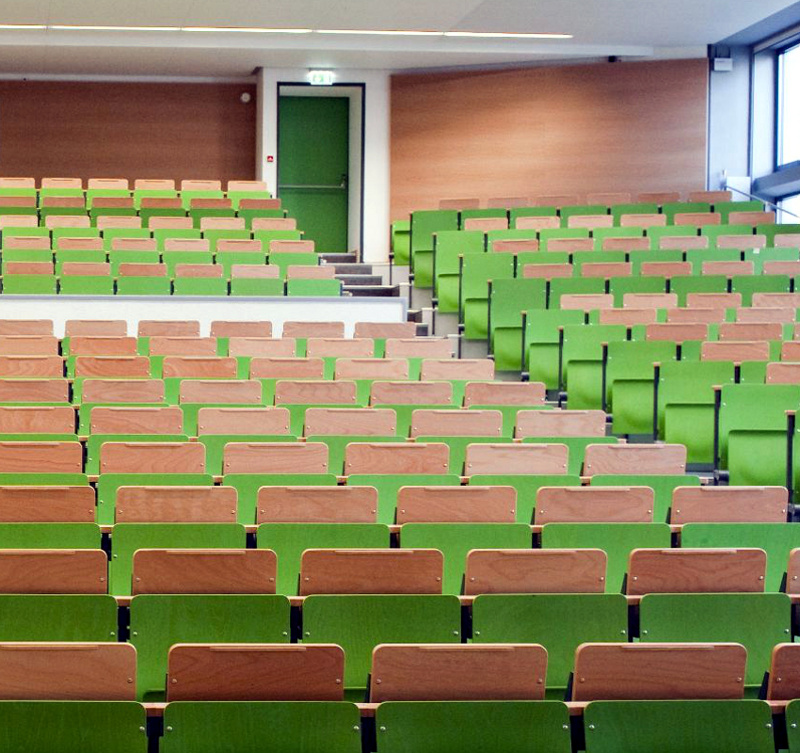Fehler / Error
Die von Ihnen angeforderte Seite konnte leider nicht gefunden werden. Bitte orientieren Sie sich auf der Startseite oder nutzen Sie unsere Suche.
The page you requested could not be found. Please have a look at the home page or use our search form.


